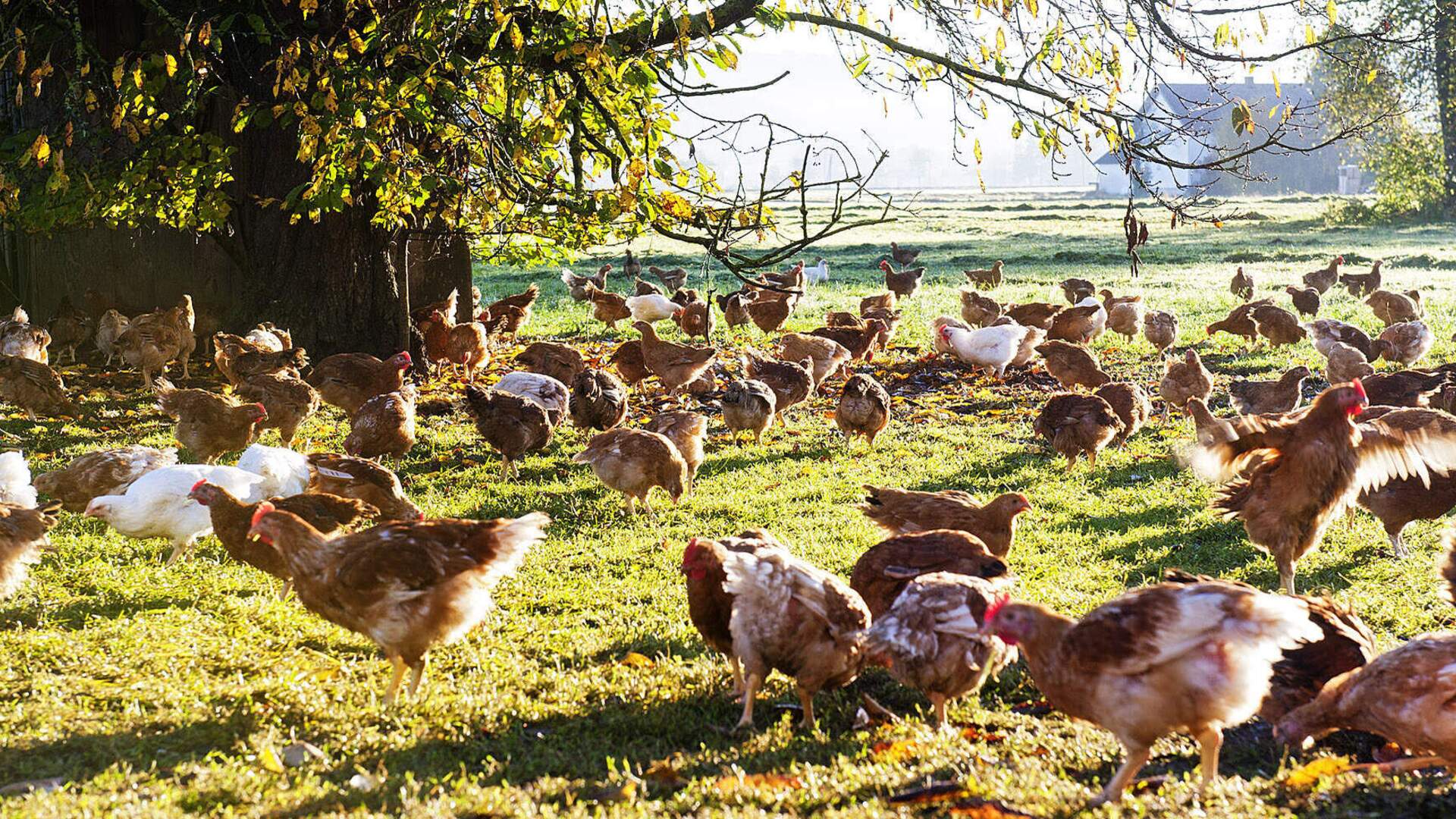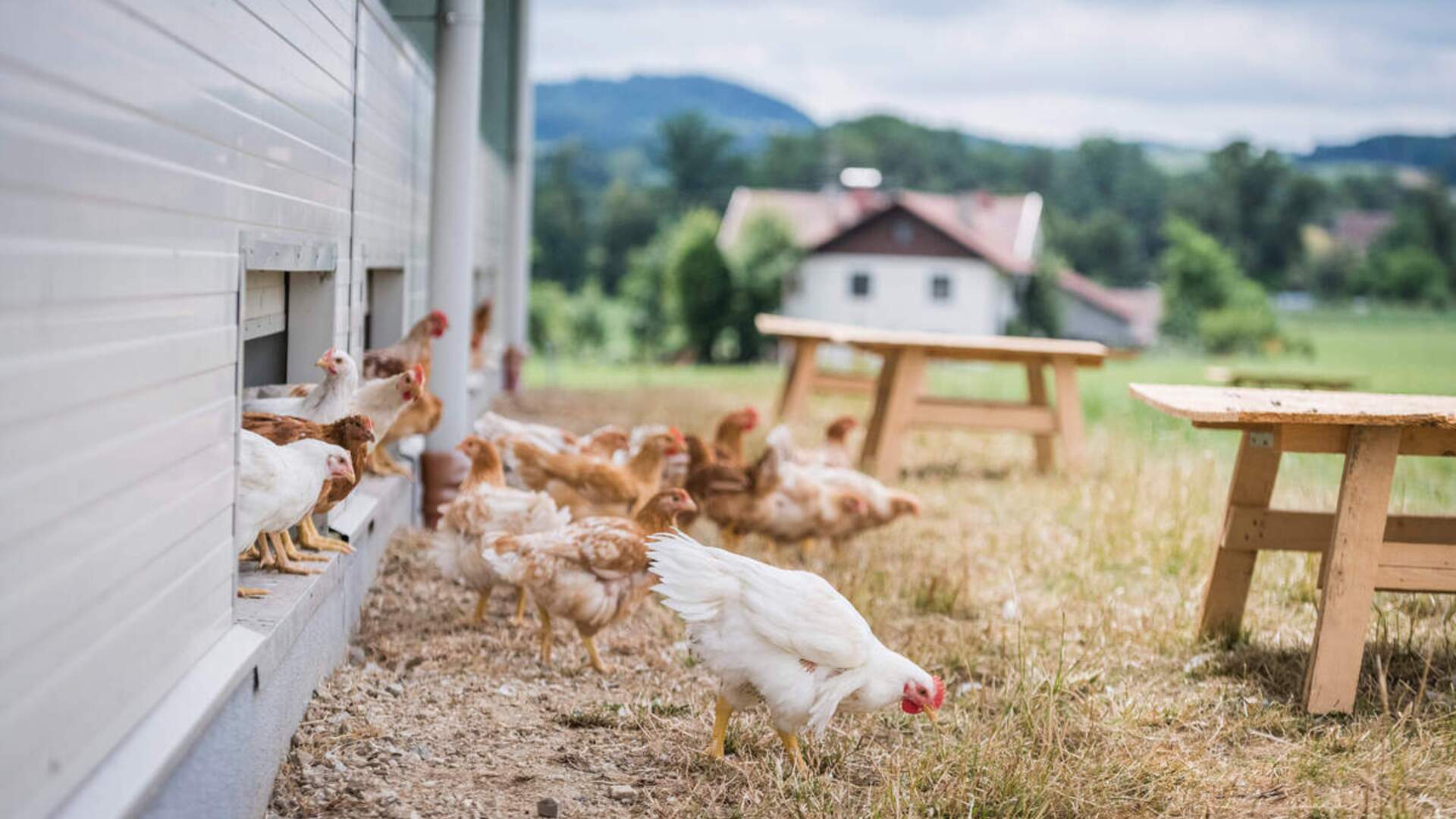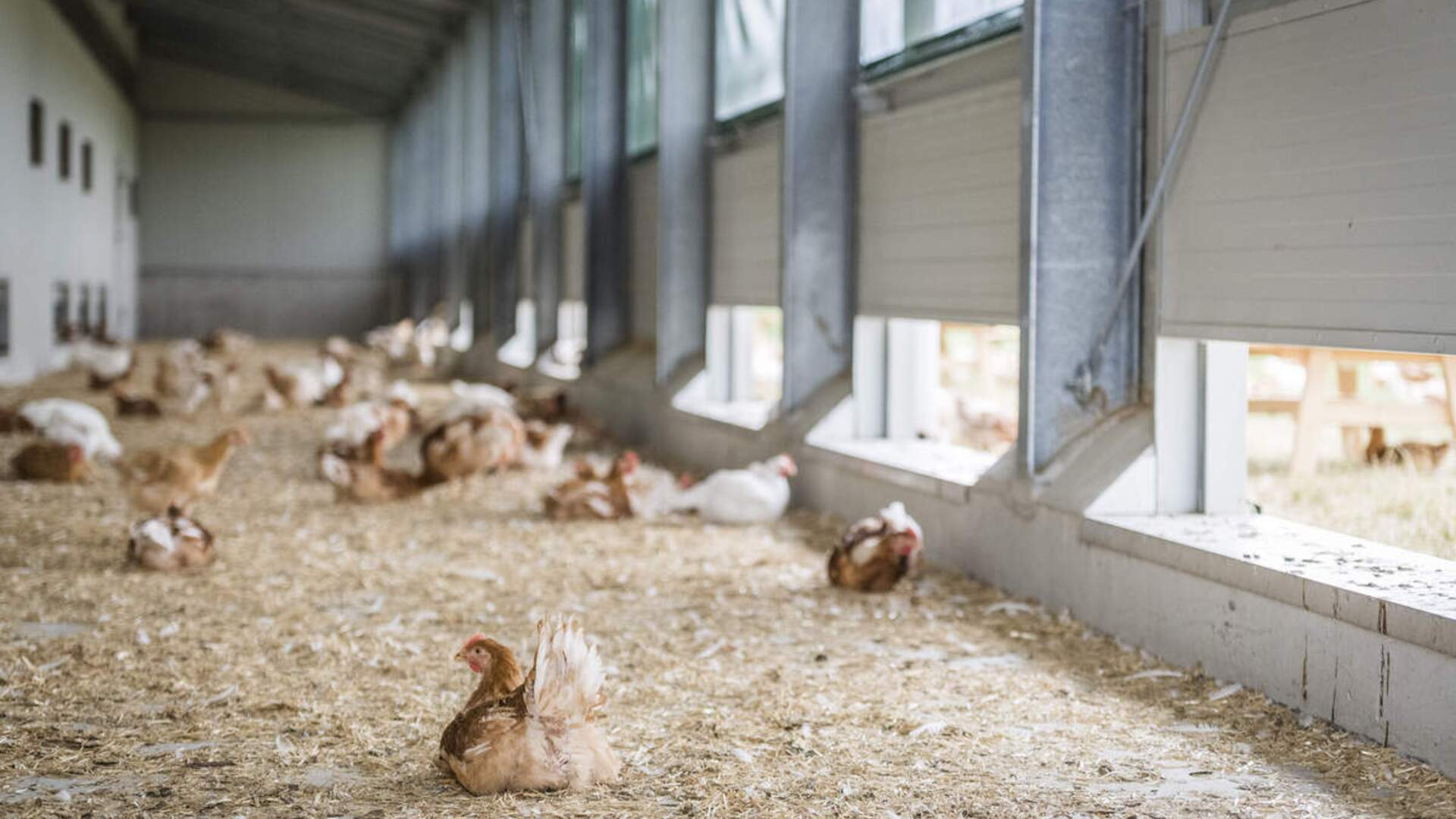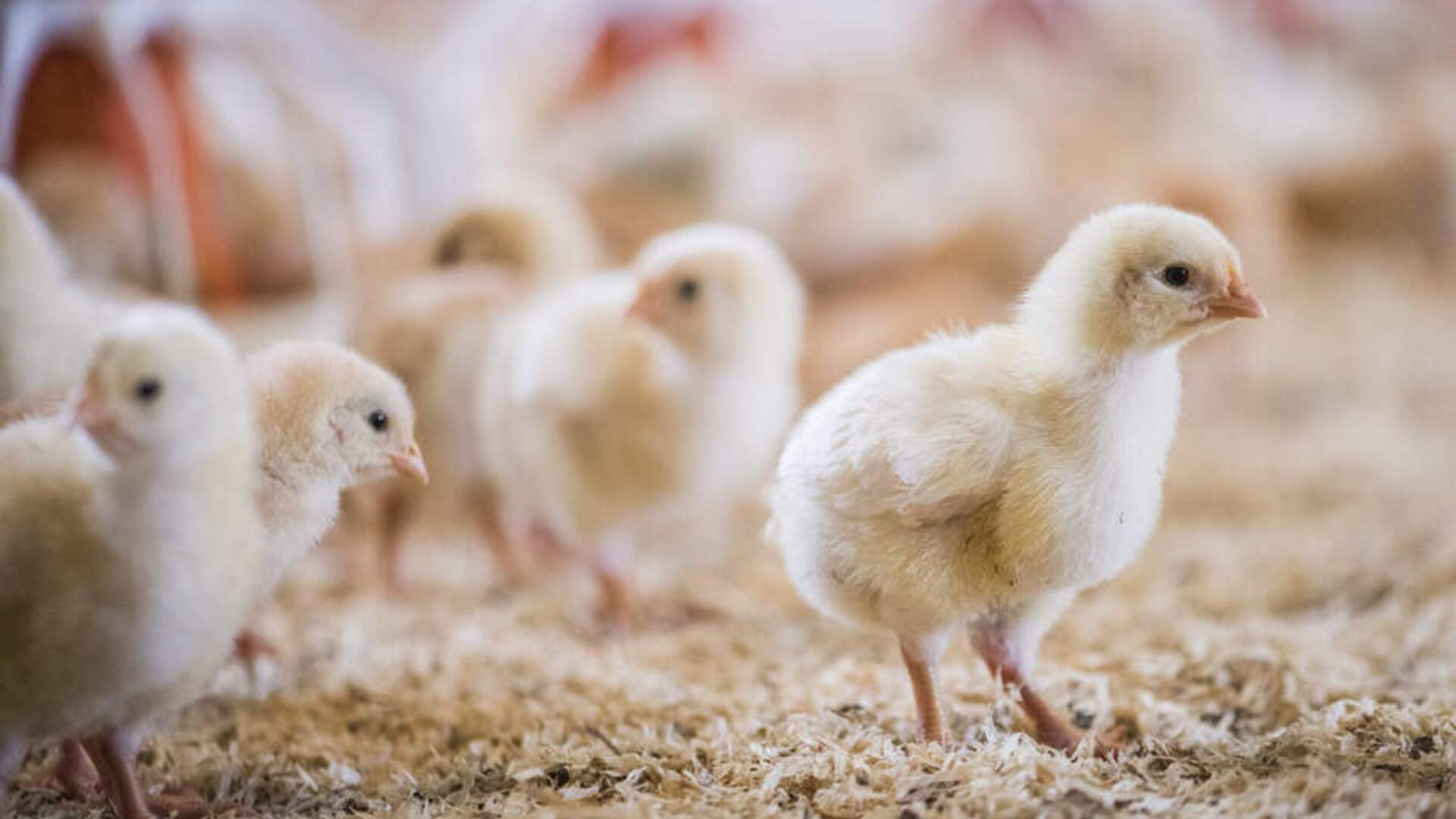The Zarfl family is one of around 100 fattening farms in Austria and southern Germany that supply the Huber Group with organic chicken and turkeys. "Anyone who wants to work with us in this area must have been an organic farmer for at least three years and have converted the entire farm to this form of agriculture," explains Sylvia Huber, responsible for marketing and sales at Hubers Landhendl.
In addition, the fatteners must comply with numerous guidelines compared to conventional rearing. These include, for example, keeping significantly fewer animals in a larger area, giving them access to the outdoors and feeding them organic, GMO-free, regional feed. Growth promoters are prohibited, as is the preventative use of antibiotics. In any case, it is clear that animal-friendly husbandry and high-quality feed are the best health precautions for poultry.
And the opportunity to play with grass and stones on the pasture or with the litter in the stables, as well as a sufficient resting period during the night, also contribute to the animals' thriving. A special breed is also used for organic chicken fattening. The chickens with the typical brown plumage grow slowly, are very vital and robust. You can taste the result: The chicken meat is beautifully tender and particularly aromatic.
Huber was the first farm in Austria to start rearing organic chickens back in the early 1990s. The founding couple Maria and Johann Huber recognized early on that their company could only succeed in the market with outstanding quality. Today, organic poultry accounts for more than ten percent of the total business. And demand will continue to rise. "In recent years, our sales of organic poultry products have risen rapidly," says Sylvia Huber. "Consumer awareness of animal welfare and species-appropriate husbandry is growing and will continue to boost our business."
The welfare of their chickens is also a top priority for the Zarfl family. "If the animals are doing well, we're doing well too," is the farmer's motto. He has been rearing organic poultry for 15 years and has been a supplier to the Huber Group for five years. The chicks arrive on the farm one day after hatching and stay there for an average of 60 days. During this time, they are allowed to gain a maximum of 40 grams per day. This is also stipulated by the organic requirements. "Every batch we raise is different, so it's an exciting experience for us every time new chicks arrive," reports Johannes Zarfl. He has also found a sensible and sustainable use for the waste from the three flocks: Some of it is processed into high-quality organic fertilizer for end customers, while the rest is returned to the feed producers as fertilizer. This closes the cycle.



